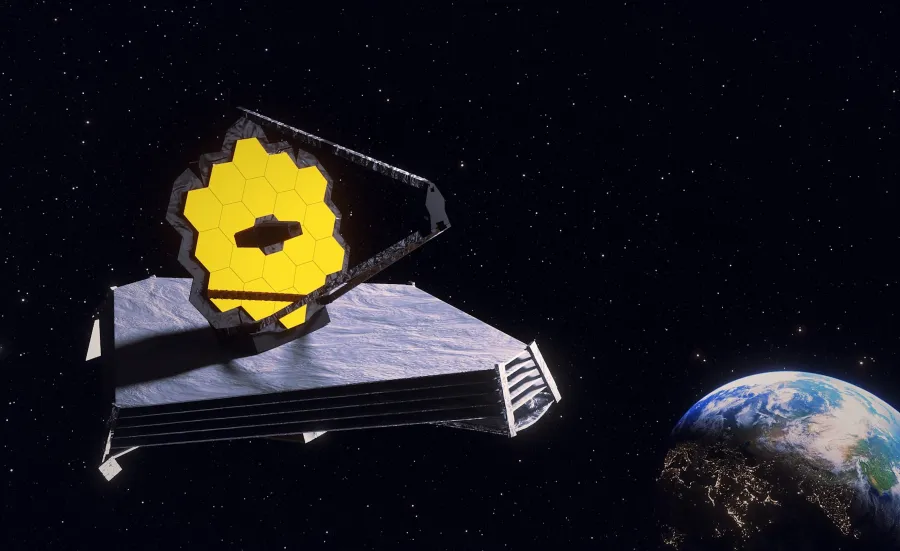Astronautics Group

Our group covers a wide range of fundamental and applied research in space physics and spacecraft engineering.

Our group covers a wide range of fundamental and applied research in space physics and spacecraft engineering.

Our members are active in both theoretical modelling and physical experimentation and are supported by a wide range of computational and experimental facilities.
Particular areas of expertise include:
We have industry partnerships with:
And we have been sponsored by the:
We have also been a leading centre for the training of professional engineers in the worldwide space sector and associated industries since 1974.


My research falls into 3 main areas: space debris, near-Earth objects and remote sensing.






